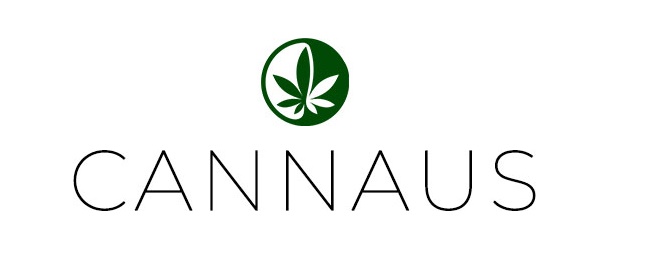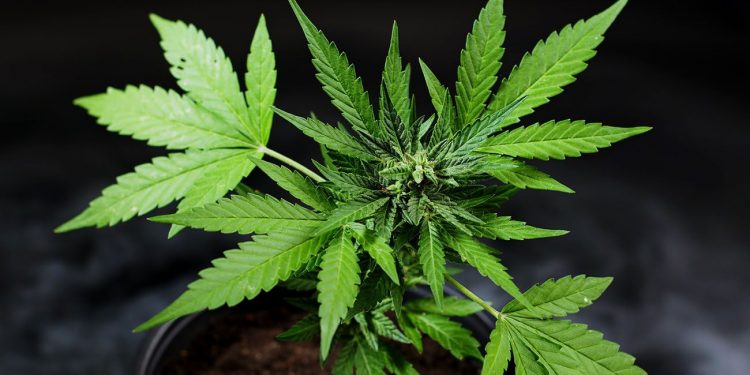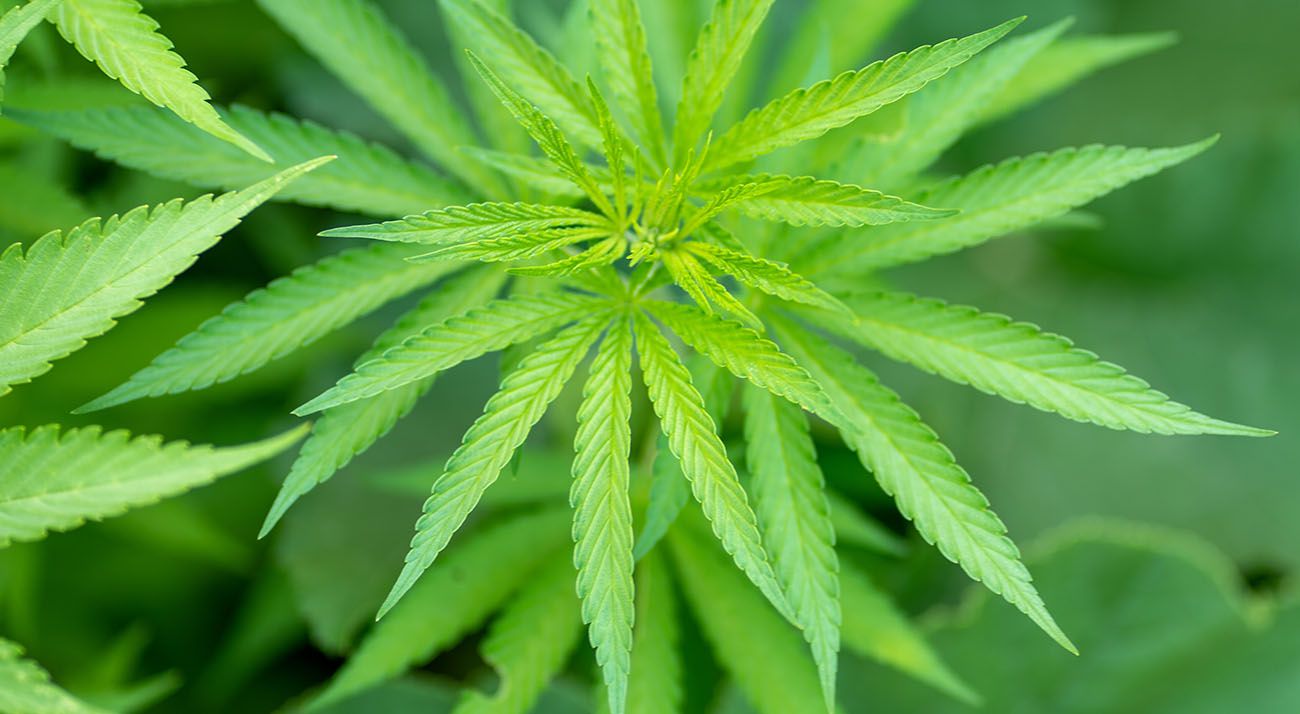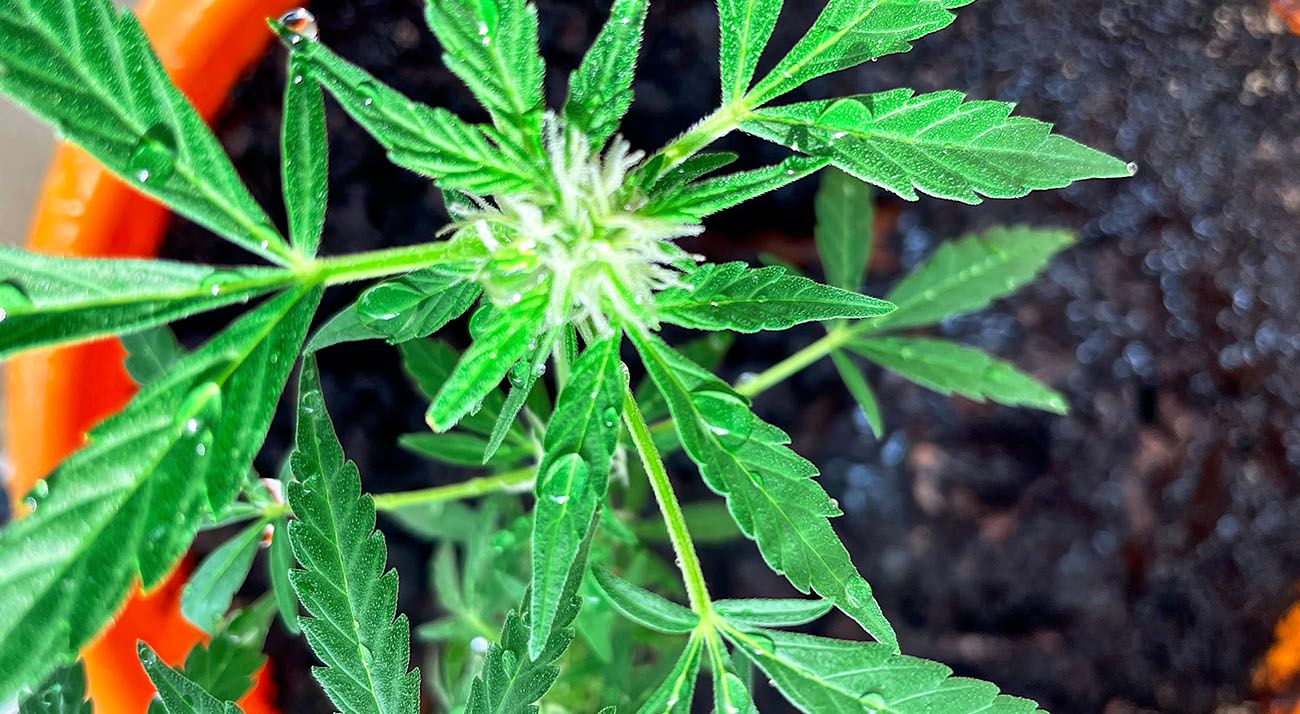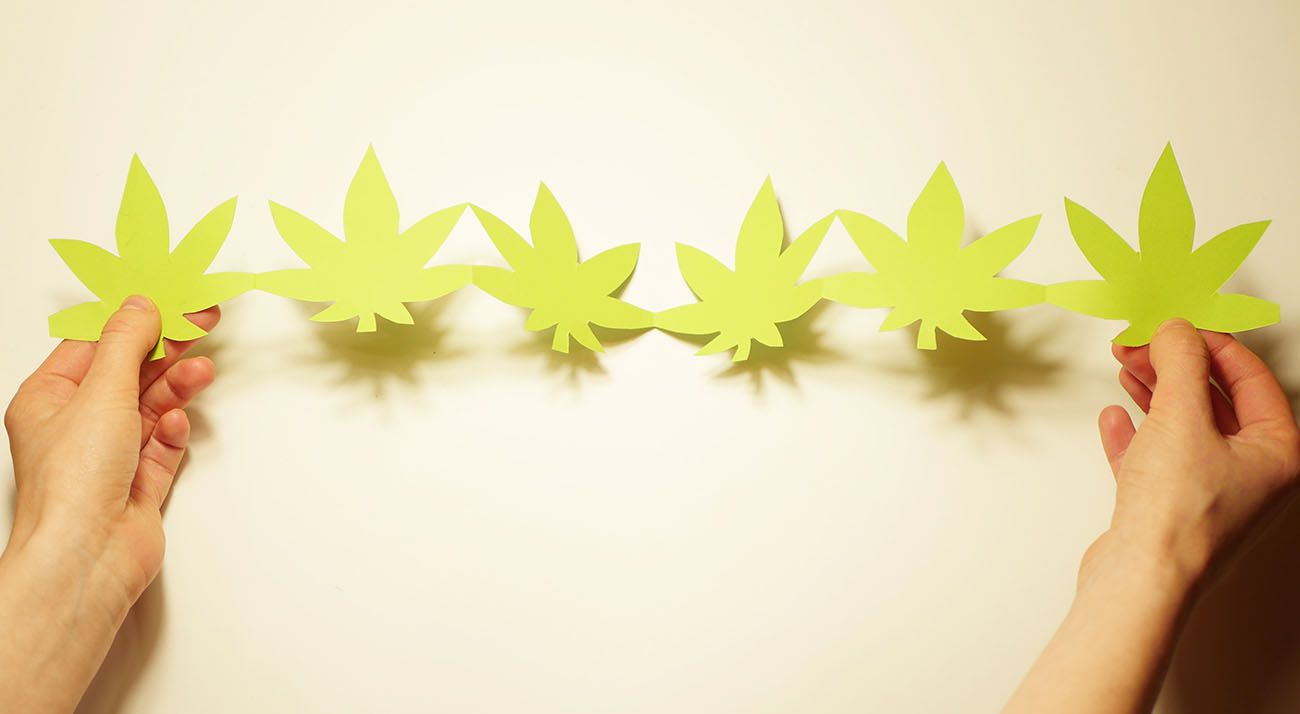The new head of the Tasmanian Hemp Association (THA) has called for changes to Tasmania’s archaic industrial hemp laws.
While hemp is often confused with marijuana, they couldn’t be more different. Of the 1,000 varieties cannabis Sativa, 90% do not contain THC – meaning Tasmania’s hemp has no psychoactive properties capable of getting you high.
Instead, hemp is used for a range of industrial purposes, including in the creation of bioplastics, biofuels, paper, building and gardening supplies, textiles and in pharmaceutical, cosmetic and food products. By 2027 the international hemp market is estimated to be worth $15.26 billion – as our need for bioplastics is growing quickly.
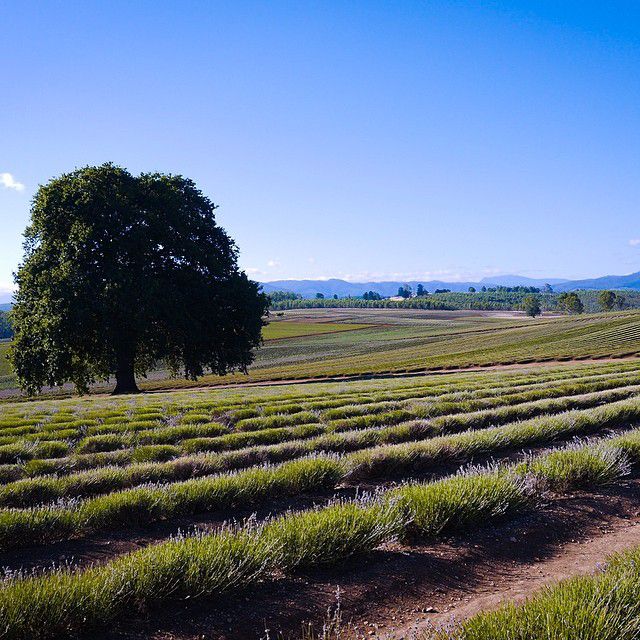
Despite this growth, Tasmania’s hemp industry is governed by three pieces of legislation, including the Industrial Hemp Act 2015. Unfortunately, the provisions of this legislation contradict Tasmania’s other hemp legislation, providing a bureaucratic nightmare for both farmers and the Department of Primary Industries, Parks, Water and Environment (DPIPWE)
To produce, manufacture or even research hemp, farmers need to apply for an Industrial Hemp License. Before hemp can be sold, it must be tested for THC by the DPIPWE – at the farmer’s expense. Farmers are also required to foot the bill for third-party product testing, extra security measures and site inspections.
Andi Lucas, THA’s new executive officer, has recently moved back to Tasmania – after working in Colorado has shown her the need for reform in Australia’s hemp industry.
Our potential to have an economic boom in this area is limitless but we are being held back by archaic laws based on false science and ideology.
Over the past decade, hemp reform in the US has grown the industry into an industrial powerhouse, with an annual growth rate of 15.8%. With the right law changes, Lucas is confident Tasmania can have similar success.
While Tasmania has the expertise and farming conditions to become a world-class hemp producer, the barriers to enter the industrial hemp industry are too high for farmers to climb. Without change, Tasmania won’t have any budding hemp entrepreneurs (or any industry growth) anytime soon.
Unfortunately, the barriers to enter the cannabis industry are still enormous nationwide. Read that story here.
